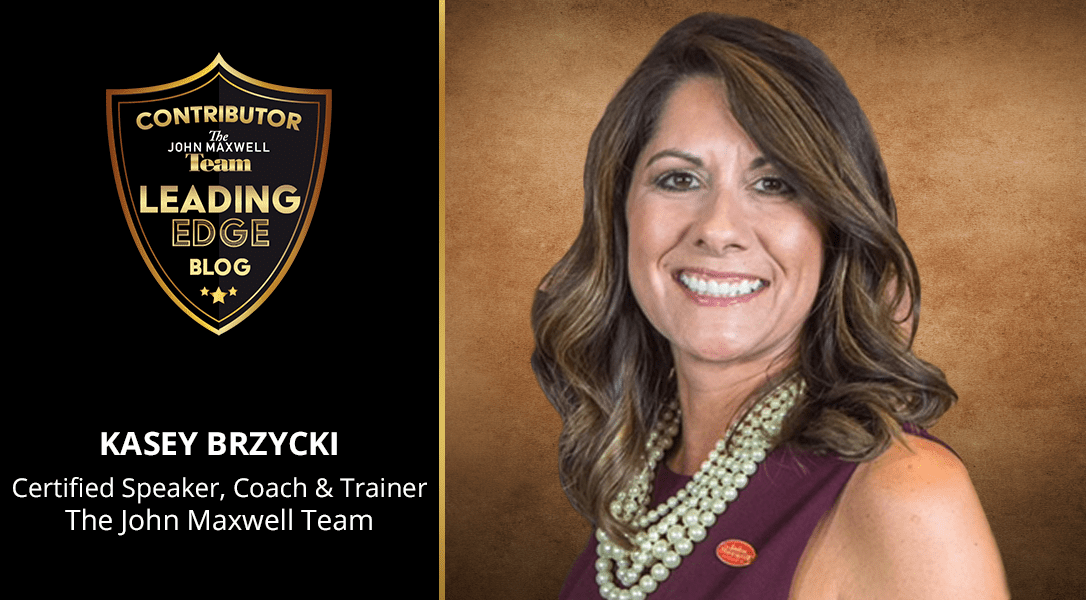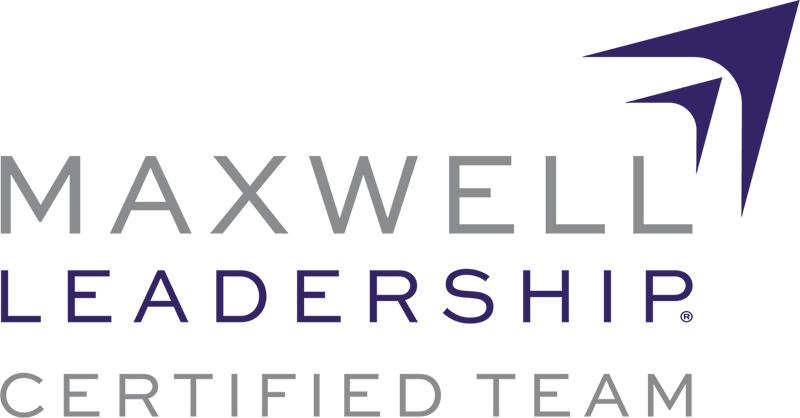Leading Edge: Students of Value Adding Value

Having been an educator for over 23 years, I recently found myself at a crossroads. After years in the public school system as a teacher, trainer, mentor, and public education advocate, I felt I needed a change. I had become complacent in a career that was once fulfilling and rewarding, yet challenging and full of growth potential. For the first time in a long time, I started to question my why and purpose. These questions lead me on the journey of a lifetime. They propelled me out of my comfort zone and placed me on a path of rediscovery and a renewed sense of purpose.
As a certified John Maxwell Team member, I have access to some of the most powerful tools and mentors in the world of leadership. One of those such tools is The Leadership Game for Teens. Since I am currently a middle school reading intervention teacher at a National School of Character, I am always looking for new ways to connect and form relationships with the students I interact with on a daily basis. Today’s teens struggle with so much more than those in past decades due to the increased presence of unrealistic expectations set by social media.
The Leadership Game for Teens has proven to be an invaluable tool for building relationships, making connections, and increasing the awareness of adding value to others. Over the past year, I have had the opportunity to facilitate the game to many different middle and high school groups. Each time, I learned more about the issues and struggles of today’s teens. The experience also confirmed the goodness in their hearts and need to find meaningful and real connections in this world of virtual friends and followers.
In addition to getting the teens to open up, one of the most valuable lessons of the game comes from the peer feedback and recognition that the game elicits. There comes a time during the game where a player takes a card and has to recognize another player for the trait on the card. For example, “Give this card to someone who takes the time to mentor someone else, and explain why you chose them.” Every single time these peer recognition cards come up and the player gives out the card, the recipient cannot believe that someone notices or recognizes the value of their traits or actions. It is through tears of gratitude, hugs, simple affirmations, and positive gestures that these students experience real and emotional interactions with their fellow classmates and peers. These interactions, rarely experienced these days by teens, make the experience of the game all the more meaningful.
One of the most important components of the game is the debriefing conversations with the students after the game. Most of the students share how they learned things about their peers that they would have never known otherwise. The most repeated comment from players regardless of age or group is usually “I never knew that someone else struggles with the same issues that I do.” This is a powerful statement and goes a long way to help these kids understand the value of real, open, and honest relationships. They soon realize that they all have value and have something to share with others. In a society where people are so ready to tear each other down, the Leadership Game for Teens helps them see the value in building each other up and the importance of positive and real relationships.
As a teacher, I firmly believe that relationships are the foundation to the academic and emotional well-being of each student I meet. John Maxwell says, “True success comes only when every generation continues to develop the next generation.” The Leadership Game for Teens not only accomplishes this, but it helps them understand that they are also responsible for their personal development and adding value to others. Once they believe that they are a person of value, they are ready and able to go out in the world and add value to others.
BIO:
Kasey Brzycki is a middle school reading intervention teacher and a certified speaker, trainer, and coach with the John Maxwell Team. Kasey brings more than 20 years of education experience in the areas of special education, public education advocacy, and professional development training, as well as practical knowledge to her training work.
She is extremely passionate about personal growth and helping educators rediscover their why and purpose, as well as working with the next generation of teachers to ensure that teaching continues to be a sustainable career for future generations.
